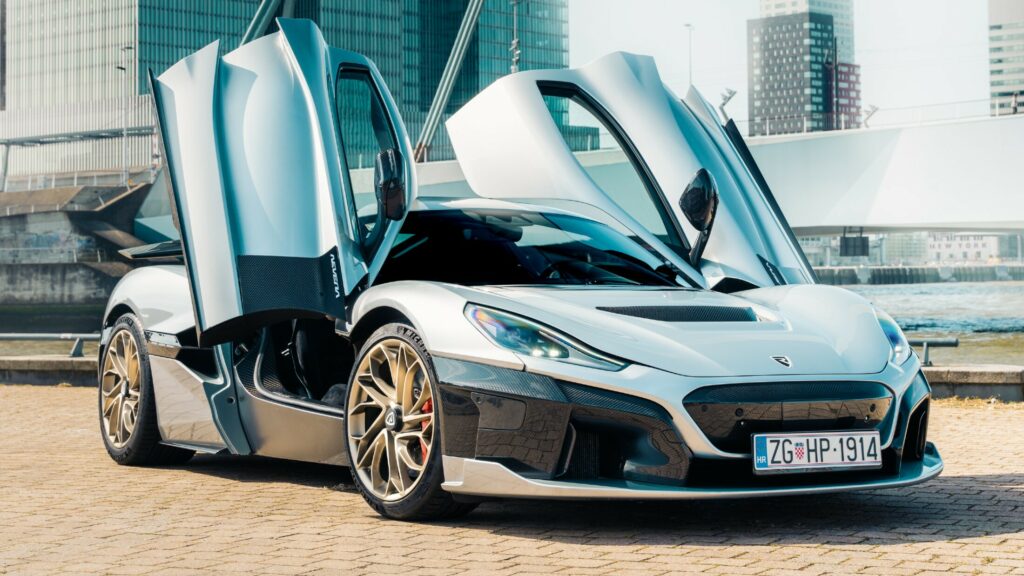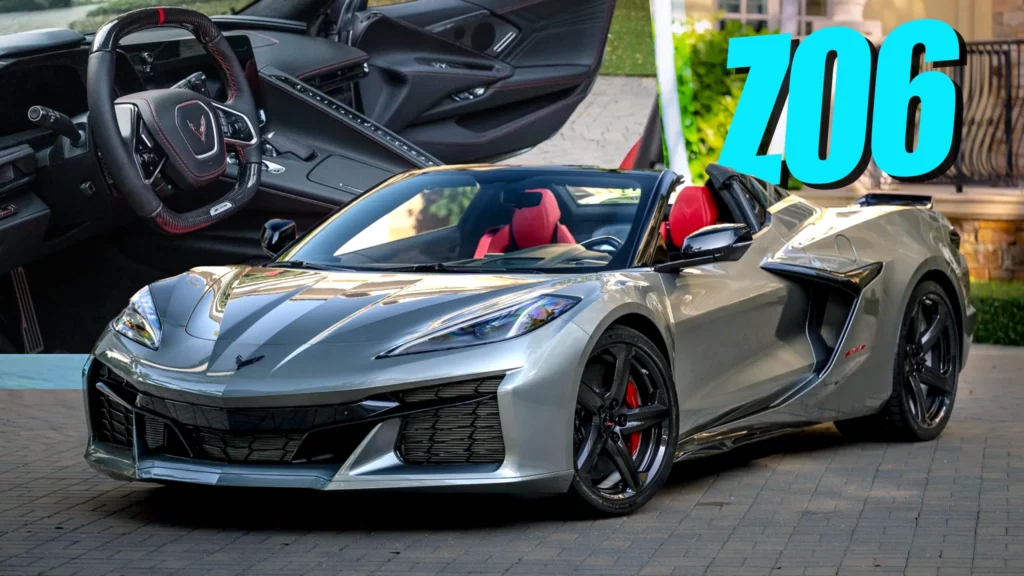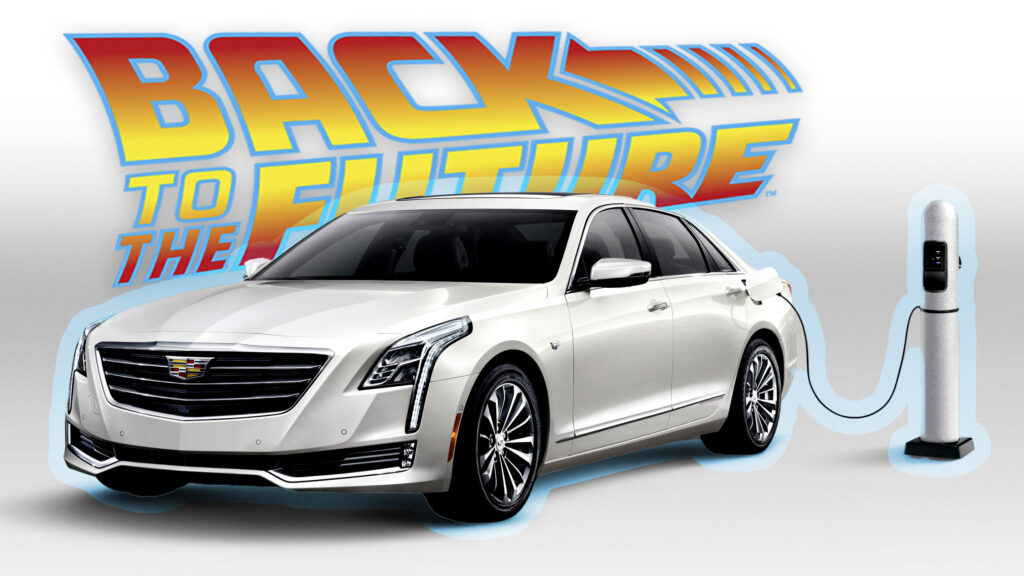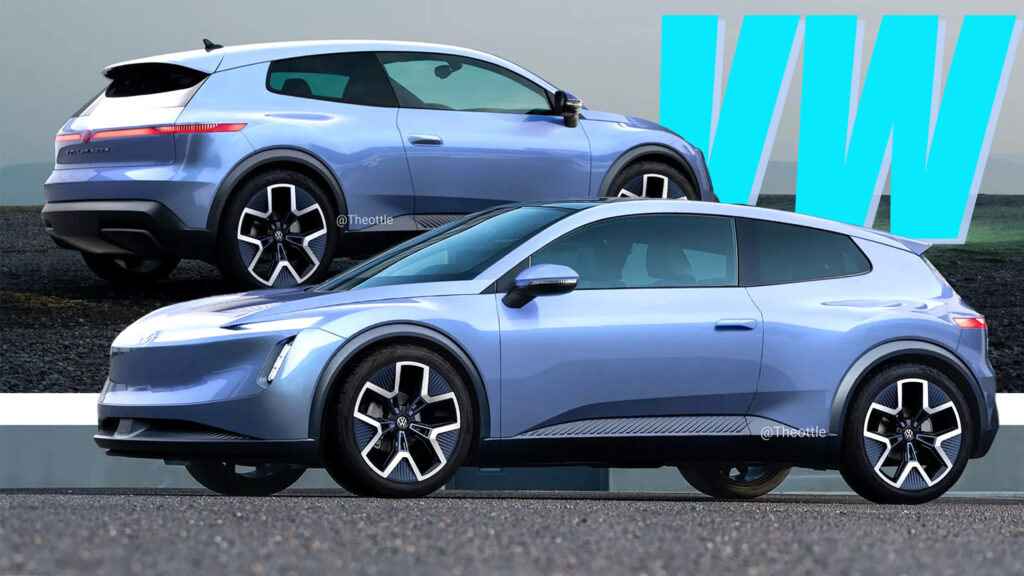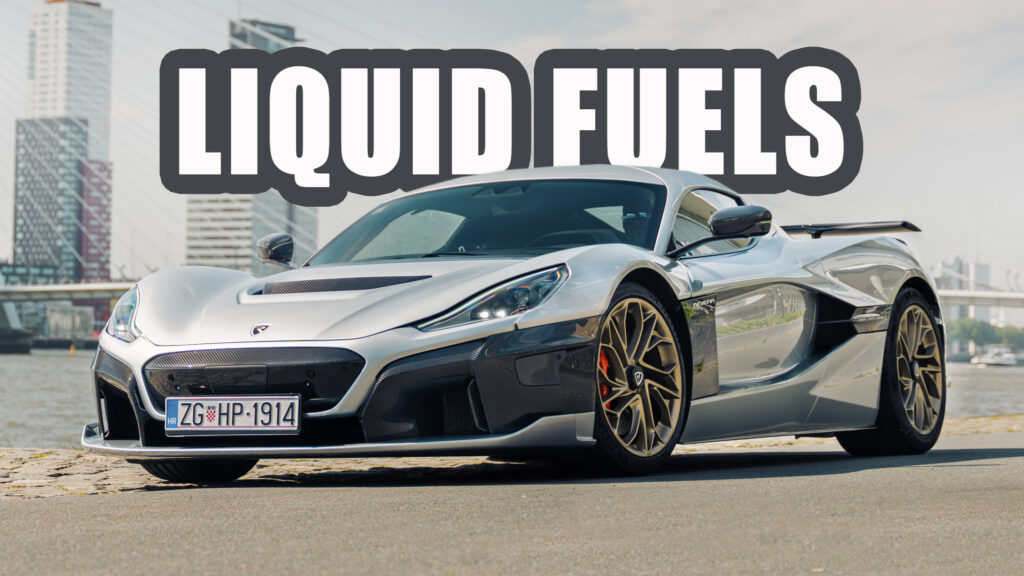Rimac is known for producing immensely powerful electric hypercars like the Nevera, but the company isn’t devoted exclusively to EVs for its future. Surprisingly, Mate Rimac, founder and CEO of the company, revealed they are looking into a new technology that could use old-fashioned fossil fuels to generate electricity.
While this description sounds similar to the existing hybrids equipped with a range-extender combustion engine, Rimac’s take is a completely different story. As explained by Mate Rimac, superheating liquid fuels including “LPG, hydrogen, and diesel” could generate electricity for powering the electric motors. This would make the heavy battery packs obsolete, bringing significant benefits in weight and packaging. It also sounds like it could replace charging with refueling, effectively wiping off all of the current disadvantages associated with EVs.
More: Rimac To Reveal Robotoxi Service Within Months, Report Claims
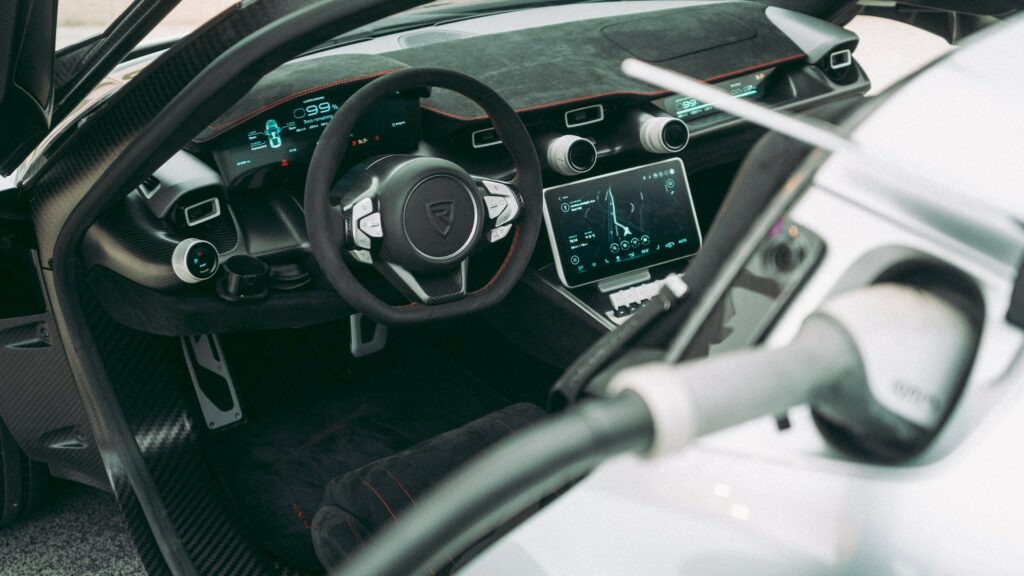
Speaking to Autocar, Mate Rimac explained that his company “isn’t exclusively electric”, but “it’s doing whatever is most exciting at the time”. He added that the goal of the new program is to test the viability of the so-called “nanotubes” and discover whether they can be used as an effective source of energy for a vehicle.
Rimac admitted that they identified a startup that has been experimenting with this technology on a “small scale” with promising results. According to early tests, nanotubes could operate with an efficiency of 80%. This is significantly higher compared to the average efficiency of an internal combustion engine which is below 30%. As for the by-products of superheating liquid fuels, they include CO2 and other gases, but in much smaller quantities compared to the emissions of a classic ICE.
The founder of Rimac didn’t get into specifics about when this kind of technology would be ready for production. However, he suggested that the program could have “significant implications” for the entire automotive industry and especially for sportscars which are the most sensitive to the weight and packaging limitations of BEVs.
